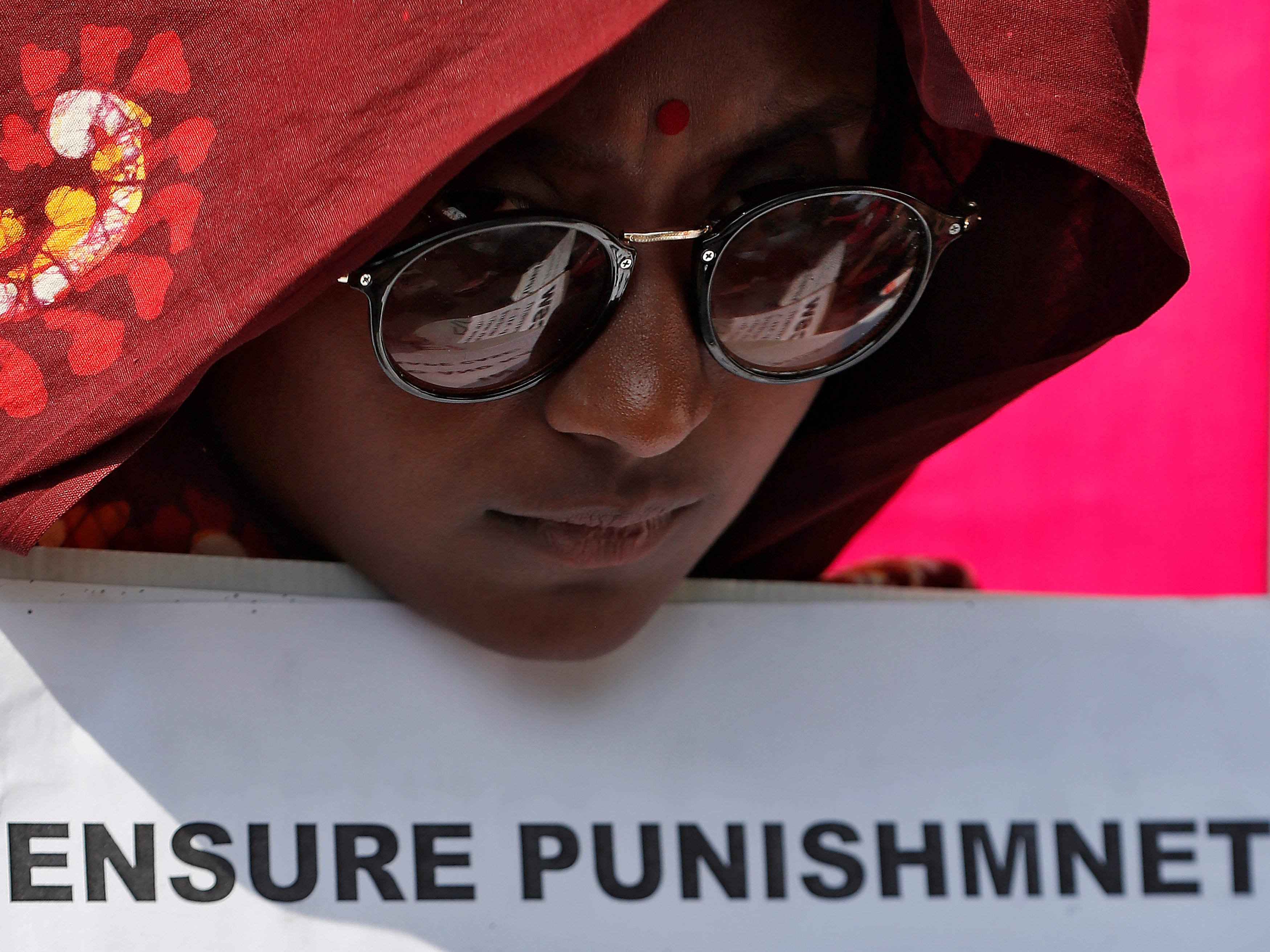Amidst the furore over the horrific gangrape of a minor girl in Kathua, the big question that has emerged is whether prevention of heinous crimes like this fall purely under the law enforcement regime or needs to be handled at the social, community or political level.
JK DGP S.P. Vaid said the state police is putting renewed focus on police-community partnership to handle such crimes. “We have held meetings with the community, and are going to strengthen such efforts in the coming months. I believe that the police alone cannot prevent such crimes, unless the community participates. What goes on in the mind of such criminals that they resort to such acts is something that requires study and intervention at multiple levels, one of them being the community outreach efforts,'' Vaid told THE WEEK. Vaid may have raised a pertinent point here, but neither the crime nor the prevention of it stops here.
Praveen Kumari Singh, the then director in the ministry of home affairs, who was instrumental in drafting the stringent anti-rape law that awards death penalty for the perpetrators in rape cases, after the Nirbhaya rape case, feels that it is the governance issue that needs to be tackled first. “Most of the incidents, especially as we are seeing in the Kathua rape case, the crime is intertwined with power struggle. The sensitivity of the political class is required at the basic level which has not happened so far. Whenever power structures are at play, it is the women and children who become the first targets. It is an age old practice and we are seeing it happen even today. The question we must ask ourselves is are we really progressing? '' Singh said.
The Kathua rape case chargesheet reveals that there had been an underlying tension over control of land, and the Bakarwal community was being targeted so that it leaves that area. Bakarwals, a Muslim nomadic tribe who settled in a Hindu dominated village in Kathua, had been facing threats and tension, which had communal undertones to them, apart from being a power struggle to instill fear. “Different agencies have a role to play here, and not only at the local level. Interventions from the Central government are equally important to make a difference on the ground,'' she said.
“First and foremost, the sensitisation of the three arms of the government—the political, executive and judiciary—is required to constantly draw focus on crimes against women and children, rather than have a knee-jerk reaction as we are seeing today. '' Singh said. She pointed out that India is signatory to multiple conventions on child rights—United Nations Convention on the Rights of the Child, SAARC Convention on the protection of children among others.
“India needs to strengthen its participation, not just by lip service but bringing about those changes on the ground. A lot of coordination is required between the Central and state governments; emphasis on developing partnership between police and the local community and civil society to understand the issues and addressing them before they turn into potential crimes, targeting the weaker sections and the vulnerable in the society,'' she said.
While a lot of work had begun after the Nirbhaya case, Singh feels that there has been slackness in flagging women and children's issues once again. ''I am glad that the culture of silence is broken. But we need to do much more. The urgency does not need to be shown only once when the incident has happened. Many of the projects announced post Nirbhaya have taken a backseat. There needs to be constant monitoring—what is the Nirbhaya fund being used for, what happened to other projects that have not seen the light of the day.''
What has seen the light of the day, ironically, is the Victim Compensation Fund, that was envisaged in a big way by the home ministry after the Nirbhaya case. “This fund is today being utilised in the Kathua rape case,'' she pointed out.
Clearly, the onus is on everyone and every institution in the country to make that change in society to help prevent brutal crimes against women and children, and till such a time, horror and shame remain the constants from Nirbhaya to Kathua.


